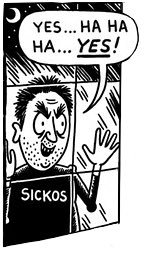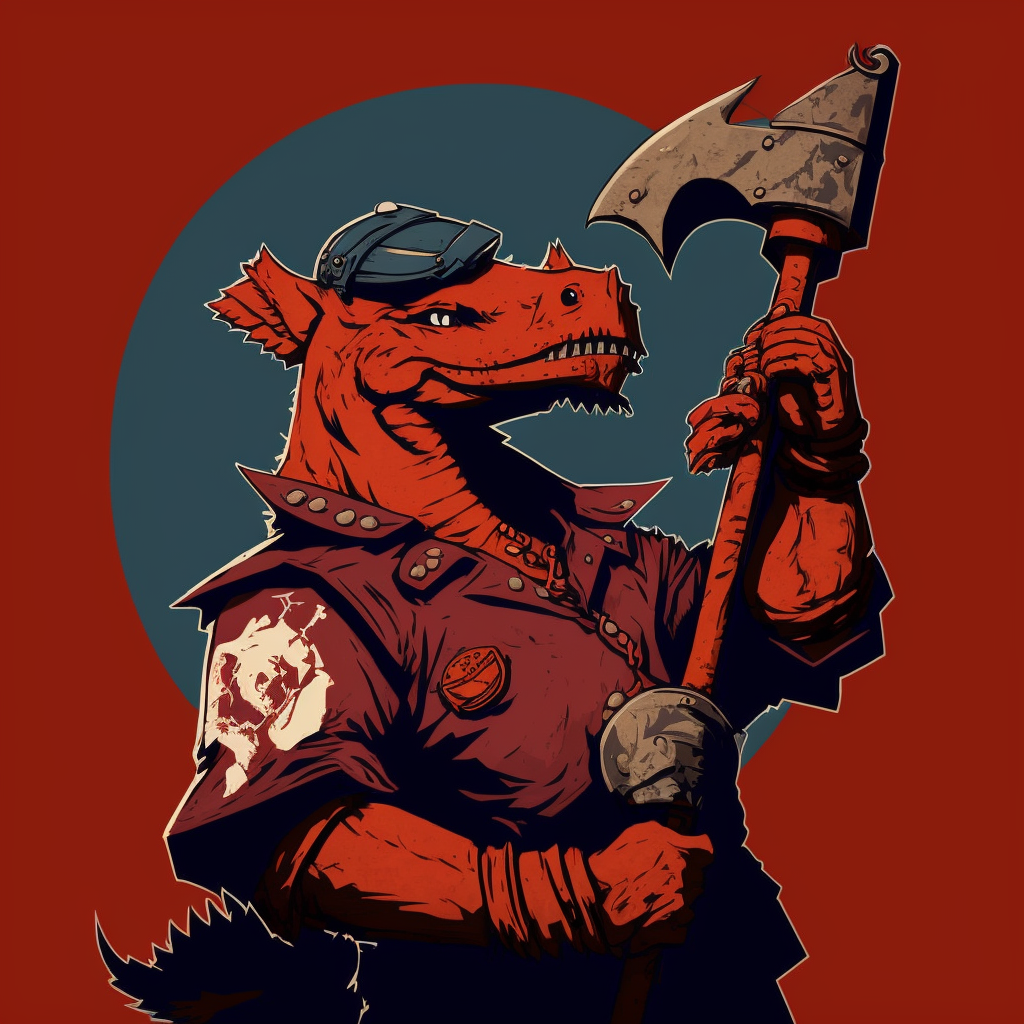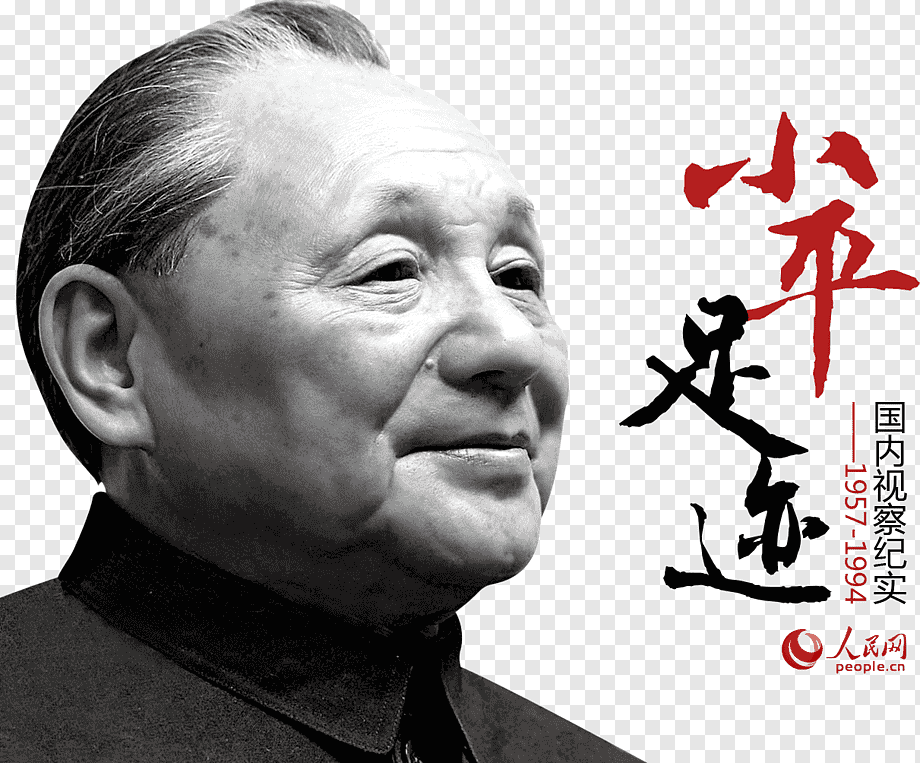Been a bit since we had a post like this
Just started "How the US Creates "Sh*thole" Countries" edited by Cynthia McKinney (forward by Mike Gravel lmfao). Some of the essays so far have had some takes too close to "the problem with war is american troops die," for my liking, but overall it seems good so far (only ~40 pages in).
Yesterday I read Vijay Prashad's "The Poorer Nations." It looks at the rise of neoliberalism from a different angle than David Harvey, explicitly criticising his work on neoliberalism for not looking at the suppression of global south led economic initiatives. Book is a history of the underdeveloped nations in their struggle against the overdeveloped nations, starting from around 1970. Looks at the struggle between the underdeveloped nations and overdeveloped ones, and how for a variety of reasons the overdeveloped ones won.
Day before yesterday I finished "Late Victorian Holocausts" by Mike Davis. Ungodly depressing (as one would expect from the title), but very good look at 'political ecology' of famines. Book shows, very, very strongly, that Capitalism/Colonialism/Imperialism is what leads to famine. In the famines the book covers, more than 31 to 61 million people died (many more, these numbers are ONLY for India, China and Brazil within the 1876-79 and 1896-1900 famines), their deaths were preventable if not for imperialism and its destruction of agriculture, granaries, food storage, traditional methods of redistribution and care for the poor, etc.
Before that I finished Maria Mies's "Patriarchy and Accumulation on a World Scale." Pretty much covers the most important points of Arghiri's "Unequal Exchange," Samin's "Accumulation on a World Scale," Delphy's "Close to Home" and Federici's "Caliban and the Witch", and it's fairly short (~200 pages) and readable. Very good attack on imperialism and it's relation to sexism and race and colonialism (in indigenous theory sense of relationship to land), ties it all together really well. My only (very academic very pretentious) issue with it is it doesn't cite the works by indigenous authors that were out at the time (which would have further supported her arguments.
the problem with war is american troops die
Lmao that's like the only good part
I’ve always believed that the American education system is garbage, and part of the reason why we’ve all been so easy to exploit in this ultra-capitalist dystopia, because we don’t teach students basic life needs. Such as basic troubleshooting plumbing, basic cat maintenance, cooking, bicycle upkeep, accounting, etc.
As a result I’m completely mechanically disinclined in every way, dependent on family and friends. But I can cook like a MFer.
I just read A Wizard of Earthsea and really loved it. Plan to read the rest of the books in the series.
I have not! A Wizard of Earthsea was my first Le Guin novel, but I loved her writing style so I'll definitely put it on my list.
Going through Wizard of Earthsea myself too! Would def recc LeGuinn's Left Hand of Darkness too, very good scifi.
Awesome, I'll add it to my list too! I'm excited to read some of her science fiction. It seems like she's more known for that than fantasy, but I've only read her fantasy haha.
I am too. I think it got a lot of undeserved flack for imprecision. It's an introductory textbook for (junior?) High School students, not Althussier. Doesn't mean it's not a useful work.
"Ten Crises" by Wen Tiejun. Outlines the history of the People's Republic of China from the context of ten crisis points, how the crises arose, and how the CPC managed them. I'm not that far in but the main thesis seems to revolve around a "cost-transfer theory"-- the idea that the costs of industrialization lead to crises and these costs must be transfered outside of urban areas to lessen the severity of these crises. While every developed (first-world) country transfers these costs to underdeveloped, colonized countries; China transfers these costs internally to rural areas, eliminating the "need" to participate in neocolonialism.
I want to read this - do text versions exist do you know? Or is it just a 500-page pdf?
im at work rn, but ill give part 1 a listen later today and let you know how it compares to the book!
he seems to cover most of the same points in his lecture and book. but imo the book is a lot better organized. also the footnotes are insanely useful. in the lecture he mentions 1st, 2nd, and 3rd hands of the economy but doesn’t explain. in the book there’s a footnote explaining the 1st hand is Adam smiths invisible hand (individuals acting in self interest leading to optimization), the 2nd hand is government regulation, and the 3rd hand is state-owned enterprises. then again, i was just listening while driving and his presentation slides might have explained that.
Hey cool, thanks for responding! I'll probably commit to the pdf at some point then
This is interesting. Lots of comparison to Marx's analysis of the Clearances?
no, he makes comparisons with other developing countries in the modern era. its heavily focused on the challenges a colonized (or in China's case, semi-colonized) country faces in developing.
Modern Slavery in Norway.
It's about the merciless exploitation of East European migrant workers who get lured into Norway with the promise of high pay and lodging, but end up getting paid a miniscule fraction of what a norwegian worker earns for the same job and have to pay several times higher prices to rent shitty apartments and share rooms with several other migrant workers.
It's horrific and completely overlooked in Scandinavian society.
Yeah, I've been reading about these cases for years now, especially the bigger trade unions are trying to do exposés a lot on it.
Seems like a new case every month or so. Petty bourgeois mfs exploiting migrant workers from Africa, Eastern Europe and SEA, and putting them through what can only be described as physical and psychological torture. Workers living in rusted out boat hulls, people having to squat in the back of restaurants with ten other workers, passports being stolen, wages being withheld. It's wild how this shit can fly under the radar for so long.
Did you ever start a book, even though you were pretty sure the content would fly over your head, because you were curious about the prose style?
I just finished The Analects of Confucius, and, sure enough, my yellow "remember this pearl of wisdom" hi-liter got a hell of a lot less use while I was reading it than my orange "chop this into song lyrics" hi-liter.
Like most works of Chinese literature, an extensively annotated one that has in turn been re-annotated for an English audience is essential to get anything out of them. No one has read this stuff without footnotes in 1500 years.
Now I'm baffled and annoyed that I somehow ended up with an edition that has no annotations, introductory notes, glossary, or even the translator's name.
It was so easy to avoid these types of problems back in the "brick-and-mortar bookstore" era. :sicko-wistful:
Understanding Socialism - Richard Wolff
I'm working through all the books on the Book Clvb Feed. This one's pretty basic, but maybe a good suggestion for libs.The Synchronicity War Part 1 - Dietmar Arthur Wehr
Standard military sci-fi slop, I think I got it for free from Amazon. More stilted than normal, average amount of out-of-place horniness.The Generalissimo - Jay Taylor
A bio of Chiang Kai-Shek, one of the more complete ones that I'm aware of. The author is stan and state-dept creature, but the time period covered is so bonkers and packed with earthshaking events that it can't help but be interesting. Chiang Kai-Shek himself is entertaining to read about, he's such a weirdo diva.The Great Alone - Kristin Hannah
Seems like evocative prose to me so far, of a family trying to make it in Alaska. I'm trying to ignore the blatant bad politics and weird stereotypes, we'll see how bad those get."The African Dream" Che's diary/report on the mission to the Congo. Super fascinating shit, and frustrating as hell to see squandered potential and wasted lives thanks to a lack of seriousness by several leaders. Troops literally running without firing a shot, leaving equipment and wounded behind. All with the petty BS of some officers who outright lie and feed their own egos.
But it makes me appreciate Pombo's book on the war in Angola which I read first. I can see what he learned in person here and why Angola went so much better. Che called it a story of failure, but in the end it proved to end apartheid by being educational to his men who fought on
Slogging through Graeber’s final one. Which is amazing but I have to take it in bits. Staggering research and command about such an array of ancient cultures. Also, “Eating To Extinction” by Dan Saladino. Monoculture farming is literally killing us by destroying the planet. Another intensely researched book broken into short chapters around specific endangered grains and vegetables. Both books symbiotic of each other. Also, just finished a 1977 critical evaluation of James Baldwin. Written while he was still alive already getting intensely reviewed and praised as the literary giant (and activist) he was in every way. To say nothing of his oration skill; he was also one of the greatest of the 20th century in my opinion. Love him so much I picked up two more on him.
Edit: didn’t mean to reply, obviously. But guess I did want to say also that I really loved Jon Lee Anderson’s “A Revolutionary Life.” Got to admit also that it was refreshing to have picked up the children’s series “Who Was…” on Che to find it surprisingly pretty good.
Slogging through Graeber’s final one. Which is amazing but I have to take it in bits.
Do you mean Dawn of Everything or the pirate one?
Piketty's Capital in the 21st Century. It's pretty readable and useful as long as you read it with the sunglasses from They Live. A lot of good, solid accounting on the wealth of nations over time.
Honestly his project is pretty respectable - he may be a lib but seems genuinely motivated to work very very hard to make sure everyday people have access to solid, rich and dependable data about wealth inequality.
Yeah well researched and explained lib research. The data is great and Marxists can use it for some amazing studies
I'm always juggling one fiction and one non-fiction, right now its "the Portrait of Dorian Gray" and "Debt: the Last 5000 Years". David Graeber's "Bullshit Jobs" is a big part of what radicalised me in the first place, i'm glad to be seeing some of his other stuff. Its a very intresting look into something I hadn't really thought much about. His writing is just so accessible compared to other leftist authors - he's a nice break after trying State and Rev lol :graeber:
thinking of rereading House of Leaves too, but jesus christ idk if i have the time
"Debt" was such a fun read, I love shit like that, it really scratches my pop-sci itch without having terrible politics as most pop-sci does.
I've been reading some Tolstoy short stories for a while. I still don't understand how the fuck someone is able to make you feel warmth and love through a piece of paper, but he does it.










